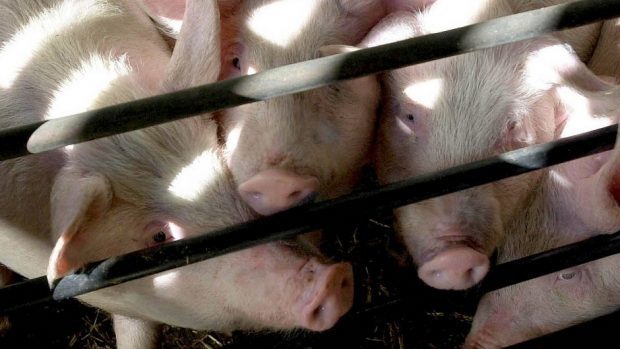A pig producer association is encouraging farmers to show non-farming acquaintances their production units in order to get feedback on how outsiders view welfare systems
The National Pig Association (NPA) is also urging its members to adopt best practice at all times and in every aspect of pig production, in order to counteract what they describe as an “orchestrated wave of propaganda by anti-meat campaigners”.
“The vast majority of British pig farmers strive to achieve best-practice at all times and this has earned them a global reputation for high-welfare animal husbandry,” said animal scientist Dr Zoe Davies, NPA’s chief executive.
“But we are always listening to the evolving expectations of our customers and we aim to meet those expectations through a policy of continual improvement.”
NPA is currently dispatching posters to all its members, reminding pig unit staff of crucial end-of-day routines such as checking all animals have sufficient bedding for the night; checking whether any animals need special treatment; checking there is no damage that could cause injuries during the night; and ensuring all medicines are under lock and key.
NPA operates a confidential reporting service, which obliges farm staff and visitors to report any shortcomings they observe via a confidential hotline, so that an independent spot check can be carried out to ensure the unit is complying with all legal requirements.
The association is also urging members to fit infrared security cameras in order to collect evidence for private prosecutions against activists who break into pig units.
“Tampering with doors and windows is unwelcome, but our real concern is the risk of introducing disease to high-health pig units, where a subsequent health break-down can cost thousands of pounds to remedy,” said NPA chairman Richard Lister.
“It is our view that anti-meat campaigners who try and gain access to our buildings at night are trying to influence local planners to refuse permission for new pig units. But if that is their goal, they are being very short-sighted, because it just means more pork and pork products on supermarket shelves will be imported, much of it from countries with lower welfare standards.”
